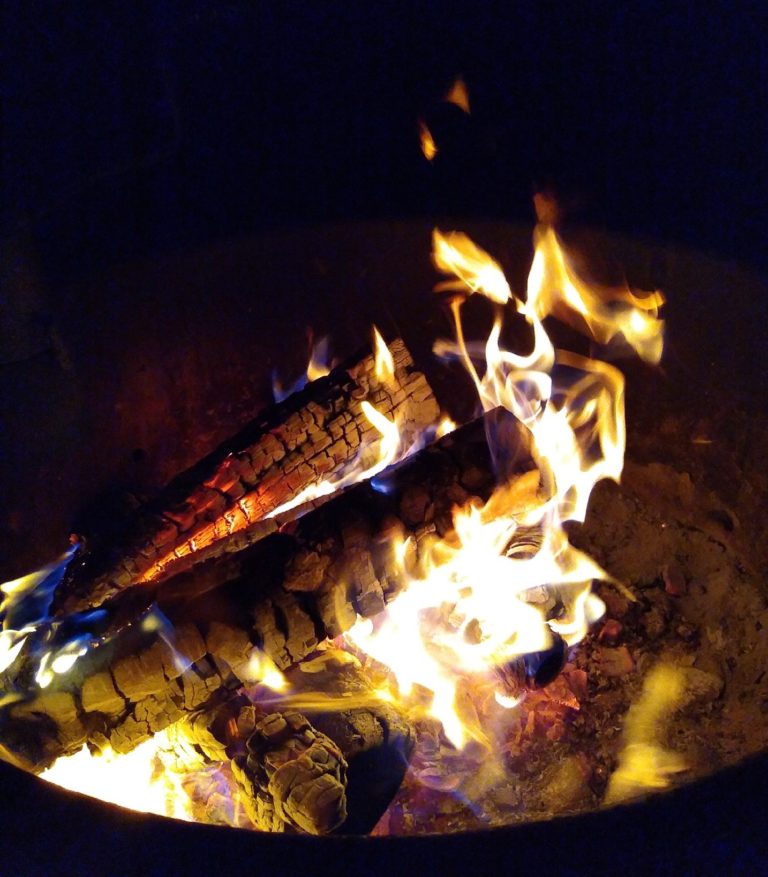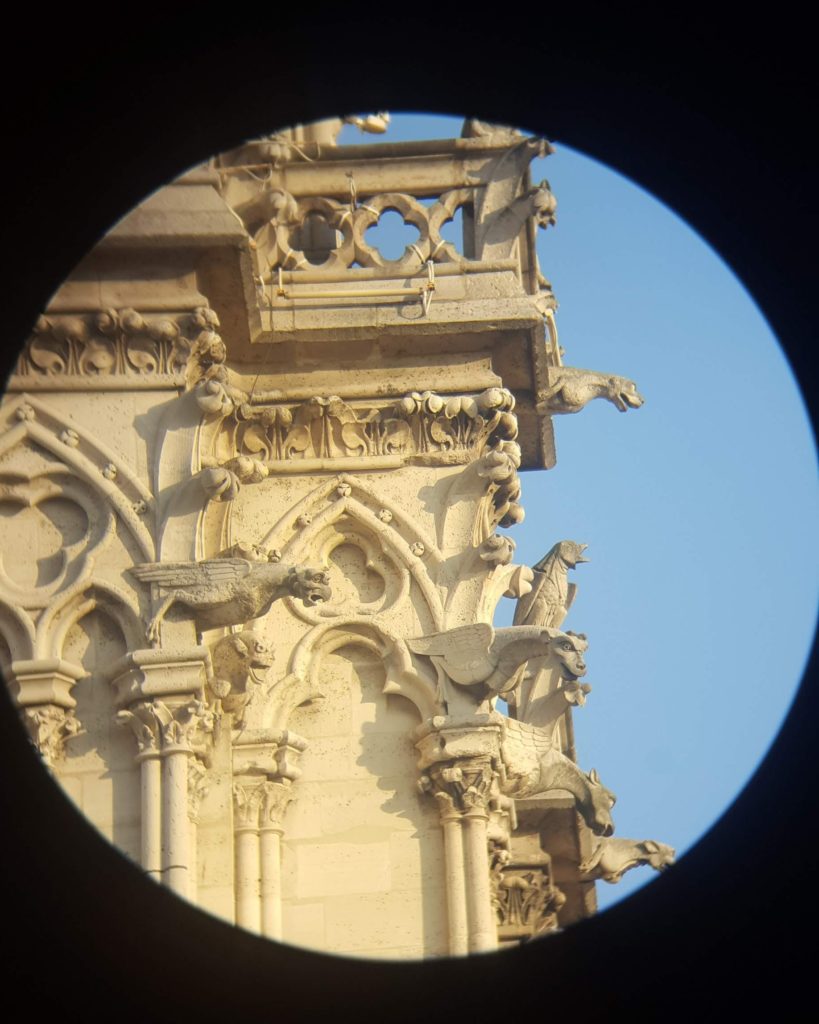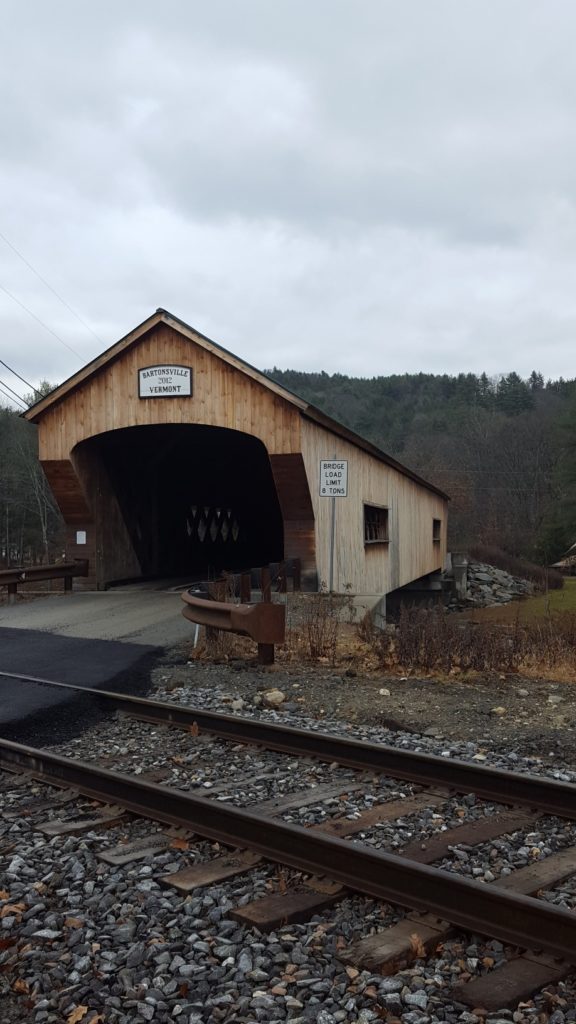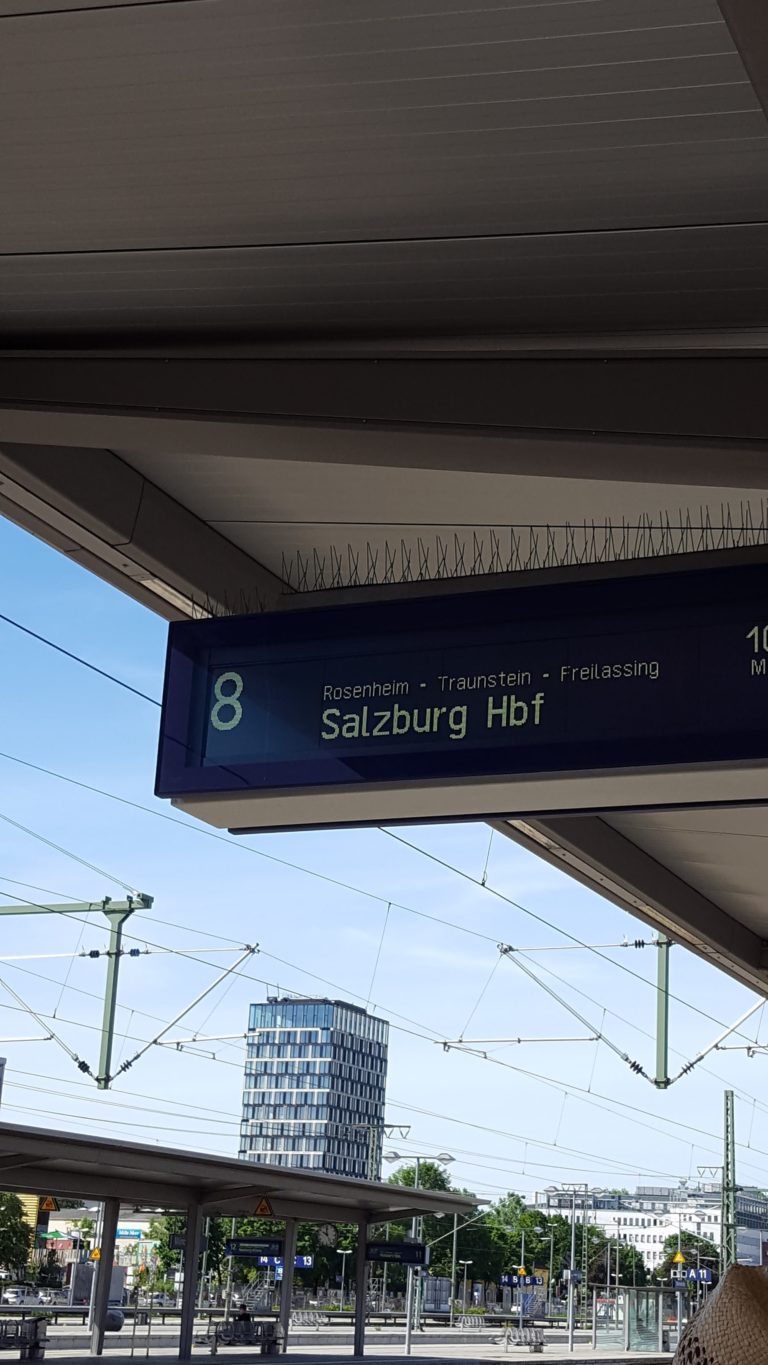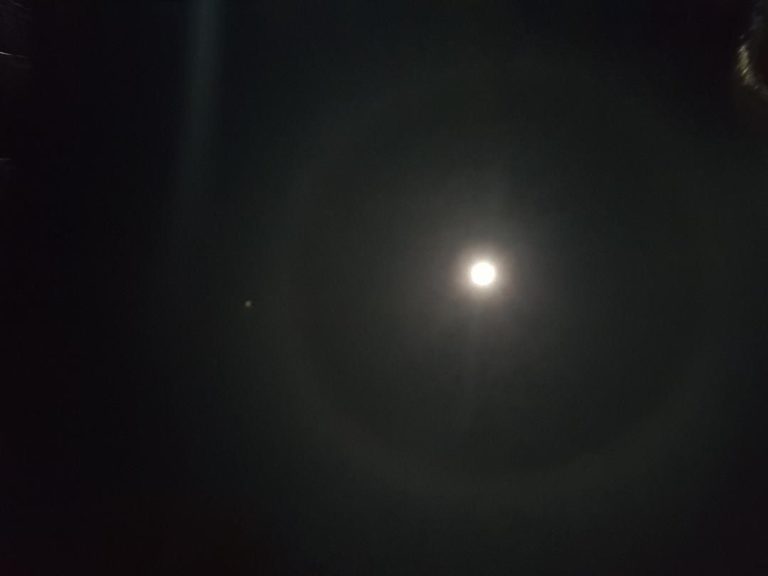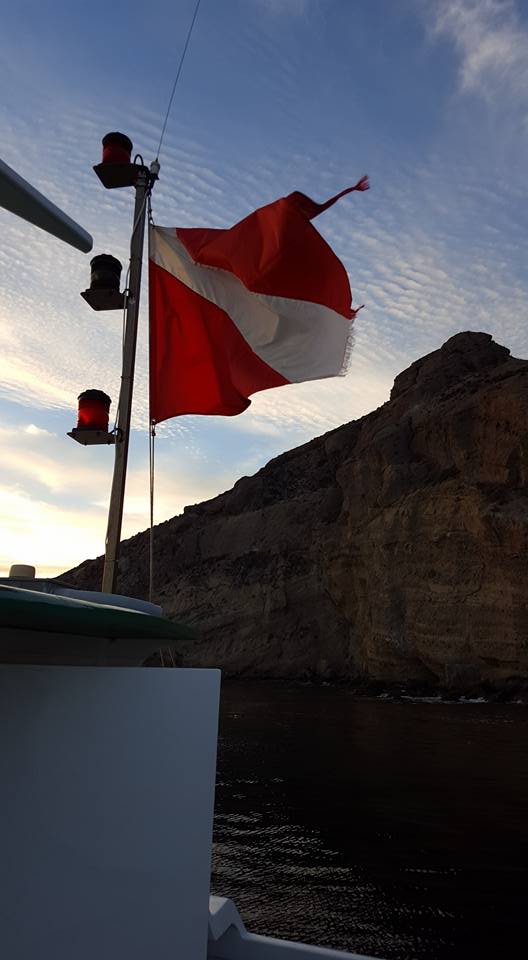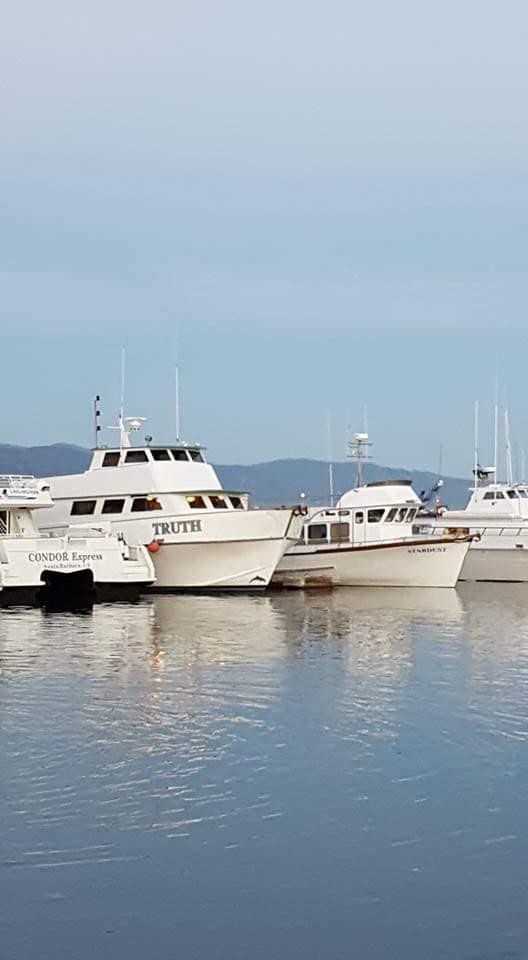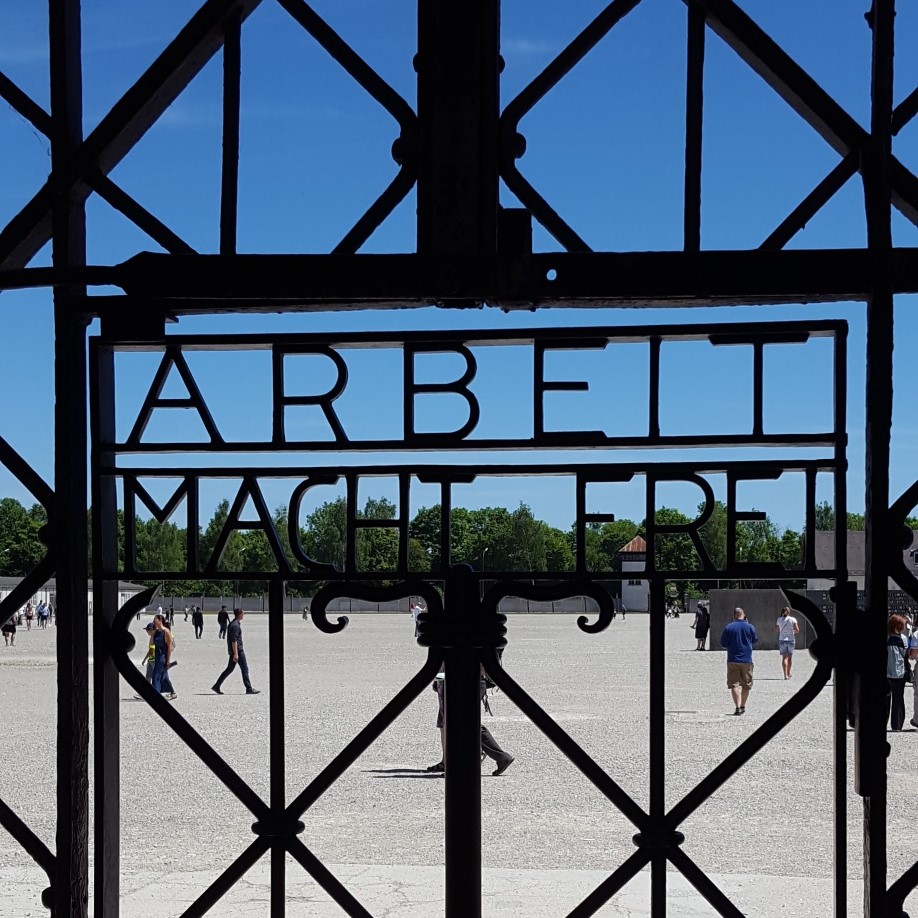
The Holocaust, Pearl Harbor, and Meaningful Travel
I have said this before, many times. And I will, no doubt, say it again.
Traveling is different than vacationing.
Sometimes, after walking in work or church or upon meeting a friend for coffee, I will hear a question that I get a lot.
“Were you on vacation?”
It’s a good question. Friends and acquaintances see pictures of my wife and I on social media. Perhaps we’re standing near an old statue in another country, or eating barbeque in the deep south. We have smiles on our faces. We are indeed enjoying ourselves. But to say that we are always vacationing would not be accurate. But it’s unfair to drop into a philosophical discussion on the subtle (and not-so-subtle) differences between travel and vacation when having a five-minute chat. It’s more important than that.
While vacation may appear the same as travel, it is vastly different. But I’m not going to begin bashing vacation. Sometimes you just need to sit on the beach and take in the ocean breeze. Taking a break from the stresses of career and life in general helps to reset the mind and greatly benefits emotional and mental health.
Please, by all means, take a vacation.
But how does one travel? Most of the time, travel wears on you. Travel tends to be a lot of work. It involves less rest and relaxation. And when you get back, all you feel like doing is sleeping. But if it’s so much work, why travel at all? Because travel is growth. It informs your soul and changes your perspective on life and the lives of other people.
Mark Twain published Innocents Abroad in 1869, but I think his words cut deeply into today.
“Travel is fatal to prejudice, bigotry and narrow-mindedness, and many of our people need it sorely on these accounts. Broad, wholesome, charitable views of men and things cannot be acquired by vegetating in one little corner of the earth all one’s lifetime.”
June, 2017
We stepped off the train into the heat of the German summer. We had not planned on this. However, our flight out of Munich back to the US wasn’t scheduled to leave for 8 hours more. One of the biggest travel tips I give others is to not miss opportunities, especially when you have extra time. We had extra time. And not too far from Munich lies the small city of Dachau. If that name sounds familiar, it’s probably because you heard it in a history class. Atrocities happened here. It was the first of many concentration camps during WWII. Thousands of people suffered and died at the hands of an evil regime. Jews, Catholics, political prisoners, homosexuals, gypsies, and anybody else that didn’t fit rightly into the Third Reich’s false picture of utopia, were imprisoned here.
We carried our bags on our shoulders because we couldn’t find a luggage locker at the nearby train station. We payed our fee and entered the massive complex. Overhead a cast iron, barred sign read “Arbeit macht frei.” Work will set you free.
It never did.
Acre after acre of sprawling complex-turned-memorial displayed pictures, signs, statues, and artifacts of the evil capabilities of mankind.
This room was used for solitary confinement.
The poles over there are where the Nazis used to hang rulebreakers.
See that door? That leads to where the “doctors” performed medical experiments.
How fitting that we were stuck with hauling around our luggage for three hours. But the weight we felt that day couldn’t have been made worse by a couple of bags. We sweat and staggered around until we couldn’t take it anymore. We could have spent two days studying and viewing the Dachau Concentration Camp. But there was no way. We can only take so much death and dying in one day.
Come, follow me to Hawaii.
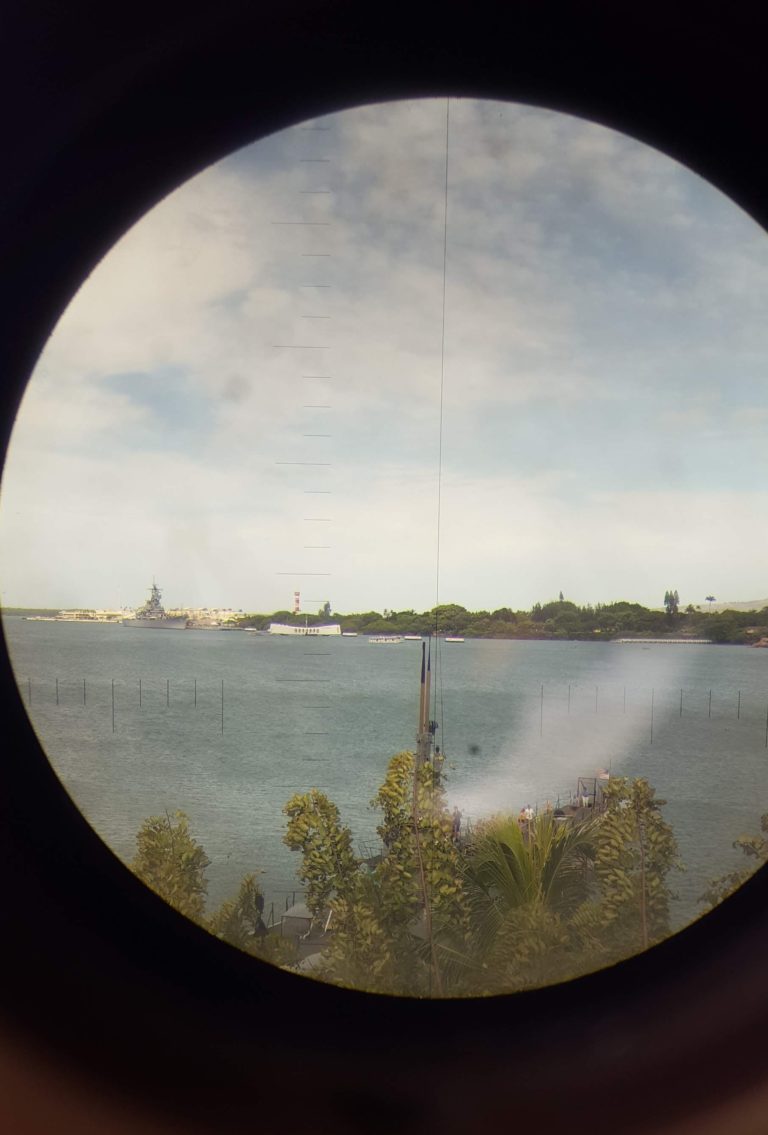
May, 2018
Our mothers joined us for a fantastic and relaxing adventure to Oahu. We drove the island, ate tons of great food, relaxed, and spent time by the ocean. Most of it was vacation. But it had one blemish, leaving a bitter (but important) taste.
We stood near the bay at Pearl Harbor. Thousands died here during a surprise attack from an exotic country with which we weren’t even at war. The Imperial Japanese military carried out one of the most iconic and deadly attacks of the 20th century. Their goal was to destroy US aircraft carriers, delaying or preventing any US involvement in a brewing Indo-Chinese and Pacific conflict. Though no carriers were destroyed, thousands of people lost their lives. The US entered into war with Japan the next day. Americans died. Japanese died. And though we tend to think about “who won” WWII, nobody really won. Everybody lost.
Our boat cruised the watery graveyard. We saw pieces of ships rising above the sea, as the guide spoke of bombs falling and fires starting. I imagine battleships, full of fuel oil, leaking into the ocean. An oil slick on the surface, six inches deep in some places, ignites into a black-smoke fire. Bombs drop onto ships. Seamen leap to avoid death, only to find it faster in the hellish, burning ocean.
The visit to Pearl Harbor was amazing, but not because it was fun. It was amazing in the truest sense. Loss of life should always amaze. The incident was not that long ago. And it was perpetuated by fellow humans. Pearl Harbor changes you; teaches you.
Not every traveling experience will brand sadness into your soul. But sometimes it will. Neither Dachau nor Pearl Harbor are good places to vacation. But they are excellent places to travel. Taking the time to travel is soul-instructing and character-changing.
Travel if you dare to better yourself. Gather your bags and make a personal journey. Grow yourself and become more human. Release the prejudice in your grasp. But take caution, traveling is not for the faint of heart.
For travel can be fatal to preconceptions.
And it is much different than going on vacation.
anthony forrest
